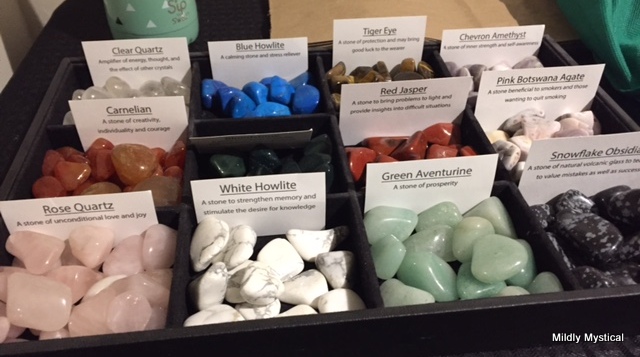One of the intriguing ideas I encountered at the recent Dream & Spirituality Conference is that we are able to perceive only what we have learned. The more I think about this idea, the more I find it to be true.
Physicist Doug Bennett offered the example of bird watching to make the point. I don’t know much about birds. For me, a walk through the woods might mean seeing a few indistinct brown birds, and that’s if I’m paying attention. But a birder who has learned to recognize and identify details of shape, size, color, and behavior will notice distinct species that I simply do not perceive. I would have to learn a lot more about birds even to see them.
Similarly, until I’ve learned to identify types of trees, the woods are simply an undifferentiated expanse of foliage. Insects are just bugs, stones are only rocks, and a foreign tongue is merely babble if I haven’t learned to discern the meaning in the details.
Certainly we are able to learn, and we do this by relating new things to what we already know. Is a new bird bigger or smaller than a robin? Is the leaf of a new tree pointed like a maple, or rounded like a sassafras?
When new learning breaks into our consciousness, it wraps itself in the form of what we already know so that we can take it in. That’s why Mr. Miyagi gave the Karate Kid his tiresome “wax on” and “wax off” chores when he first asked for lessons. The familiarity of that task readied him to counter a punch with a martial arts move like the circular motion of waxing a car.
For any of us to recognize a new possibility, it has to show up connected to something we’re familiar with. Einstein’s mind-bending ideas of space and time began with his imagining himself riding on a beam of light. Facebook was conceived as something like an electronic version of a class yearbook.
Likewise, if we’re able to recognize the suffering of another person, it’s because we can connect something about their experience to what we know. Whether it’s from hurts we’ve experienced, or from taking in another person’s story, what we’ve learned is part of what prepares us to be compassionate.
Our learning predisposes us to see, or to not see. What we learn matters. What we don’t learn has consequences. The information and ideas we take in have a direct effect not just on what we think about the world around us, but on what we are actually able to see of the world. Our choices of media have moral consequences.
If we can’t see what we haven’t learned, then there is all the more reason to look at the world together and share our perceptions. I need to know what I’ve missed, and the only way that is possible is if you’ll share with me what you see.
When we put our two perspectives together, perhaps we can both acquire a more three-dimensional view of reality. If we can see the world more clearly, perhaps a way to tackle its challenges will become more clear as well.


Comment